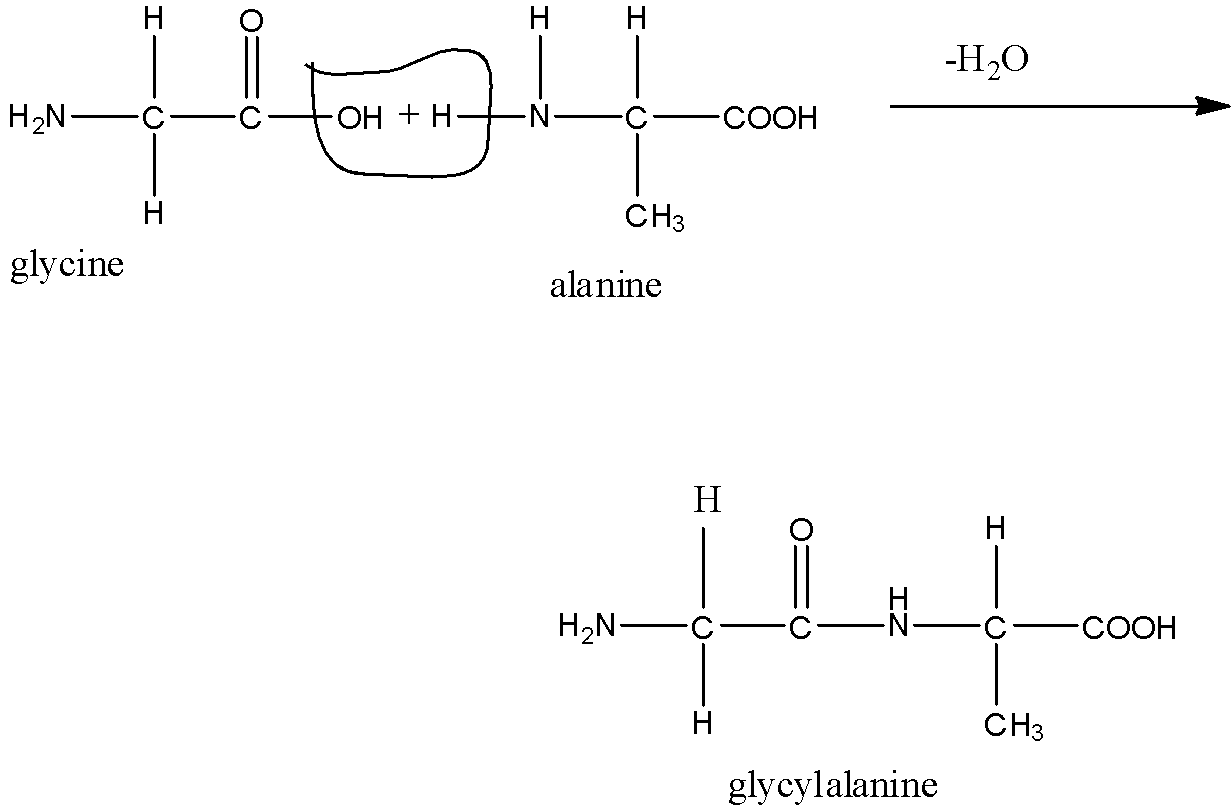Question
Question: (i)- Deficiency of which vitamin causes scurvy? (ii)- What type of linkage is responsible for the ...
(i)- Deficiency of which vitamin causes scurvy?
(ii)- What type of linkage is responsible for the formation of protein?
(iii)- Write the product formed when glucose is treated with HI.
Solution
Scurvy is caused by the deficiency of the vitamin which is found in oranges, lemons, etc, and is also known as Ascorbic acid. In protein, the linkage is formed between CO and NH. Glucose has aldehyde and alcohol groups, and when treated with HI, it forms n-alkane.
Complete step by step answer:
(i)- Deficiency of which vitamin causes scurvy:
Scurvy is a disease that causes bleeding in gums. It is caused by the deficiency of Vitamin C which is also known as Ascorbic acid or Antiscorbutic vitamin.
Vitamin C is soluble in water and destroyed on cooking or prolonged exposure to air. To avoid the loss, vegetables rich in Vitamin C must be cooked in close pans and pressure cookers. Vitamin C increases the resistance of the body towards diseases. It is found in citrus fruits, e.g., oranges, lemon, amla, tomatoes, green leafy vegetables, etc.
(ii)- What type of linkage is responsible for the formation of protein?
Proteins are the polymers of α−amino acids. α−amino acidscontain amino group (NH2) and carboxyl group (COOH).
Peptides are amides formed by the condensation of an amino group of one α−amino acidwith the carboxyl group of another molecule of the same or different α−amino acidswith an elimination of a molecule of water. The reaction is given below:

This −CO−NH−is called the peptide bond or peptide linkage. Hence, proteins are joined by a peptide linkage.
(iii)- Write the product formed when glucose is treated with HI.
HI is used to reduce the aldehydes, ketones, alcohols, etc to form alkanes. Glucose is a six-carbon compound and it has one aldehyde and five alcohol groups. So, when the glucose is treated with HI it forms n-hexane. The reaction is given below:

Note: Vitamin C maintains healthy skin and helps cuts and abrasions to heal properly. Only Vitamine B and C are water-soluble, rest are fat-soluble Vitamins. In proteins, one end contains an amino group and the other will have a carboxyl group.
